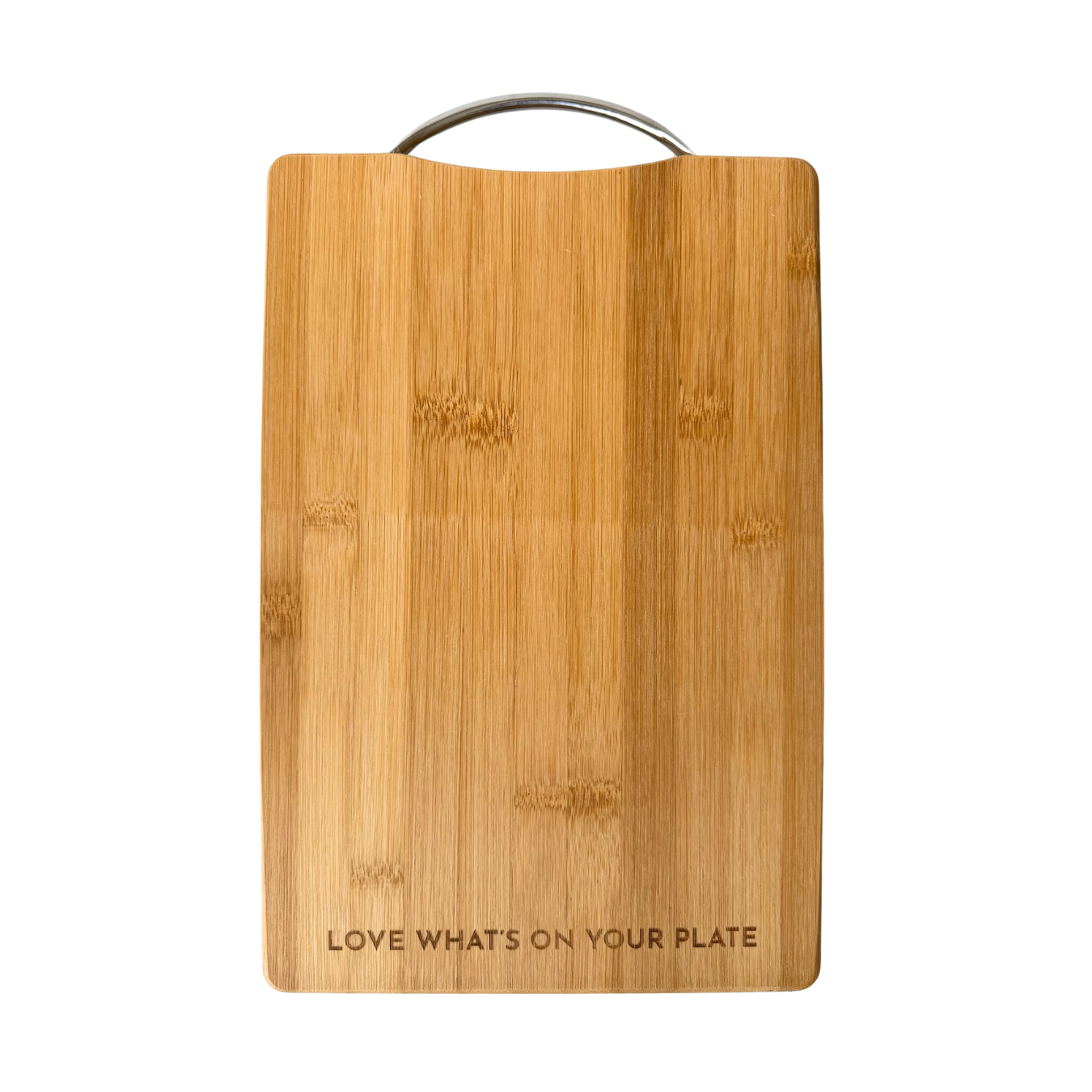Why your brain rebels against routine changes (and the surprisingly simple way to work with it instead of against it)
It's 6:47 AM on a Tuesday in September. Your phone alarm feels like a personal attack after three months of waking up naturally. The kids are melting down over cereal choices. You're frantically searching for that one folder while mentally rehearsing your presentation and wondering if you remembered to pack lunches.
Sound familiar?
If the transition back to fall routines feels like trying to merge onto a highway while driving a shopping cart, you're not broken. You're human. And your nervous system is doing exactly what it's designed to do: resist sudden changes.
Why Transitions Feel Like Swimming Through Honey
Here's what's actually happening in your brain during big routine shifts: your nervous system has spent months calibrating to summer's rhythm. Slower mornings, flexible schedules, less structured days. It's settled into this pattern because that's what brains do - they create efficient pathways for whatever we do repeatedly.
Then September hits like a cold shower.
Suddenly you're demanding that this same nervous system handle early alarms, packed schedules, and constant decision-making. It's like asking someone who's been walking to suddenly sprint a marathon. The resistance you feel isn't laziness - it's biology.
Dr. Rick Hanson, neuropsychologist and author of Buddha's Brain, explains it this way: "The brain is designed to learn from experience and create mental models of 'normal.' When we drastically change our routine, we're essentially asking the brain to rebuild its map while we're still driving."
This is why that first week back feels exhausting even when you're not doing anything particularly difficult. Your brain is working overtime to process all these "new" patterns that were actually familiar just a few months ago.

The Hidden Cost of Fighting Your Biology
Most of us try to muscle through transitions. We set seventeen alarms, drink extra coffee, and expect willpower to bridge the gap between summer-brain and fall-demands.
This approach backfires spectacularly.
When you force your nervous system to switch gears without transition time, you trigger what researchers call "allostatic load" - the wear and tear that happens when your stress response system works overtime. Your body starts producing stress hormones like you're actually in danger, not just trying to get kids fed and out the door.
The result? You feel anxious about things that used to be routine. You're exhausted by 2 PM. Small problems feel enormous. You snap at people you love and then feel guilty about it.
It doesn't have to be this way.
The Neuroscience of Gentle Transitions
Research from Stanford's Behavioral Design Lab shows that sustainable behavior change happens through what they call "tiny habits" - small actions that feel almost laughably easy. The key is working with your brain's preference for gradual adaptation rather than forcing dramatic shifts.
Think about how nature handles the transition from summer to fall. Trees don't suddenly drop all their leaves on September 1st. Days don't immediately jump from 14 hours of sunlight to 10. Everything shifts gradually, giving ecosystems time to adapt.
Your routine deserves the same consideration.
The 3-Layer Approach to Stress-Free Transitions
Layer 1: Body First (The Foundation)
Your nervous system lives in your body, not your calendar. Before you can handle the mental demands of new routines, you need to give your body what it needs to feel safe and regulated.
The Morning Regulation Ritual (5 minutes, maximum)
Before you touch your phone or think about your to-do list:
-
2 minutes of intentional breathing: Not meditation, just conscious breathing. In for 4, hold for 4, out for 6. This activates your parasympathetic nervous system - your body's "rest and digest" mode.
-
Set one intention: Not three goals or seven priorities. One intention. "Today I'm focusing on being present" or "Today I'm prioritizing connection." This gives your scattered brain something to anchor to.
-
30 seconds of movement: Gentle stretches, shoulder rolls, or simply standing up and sitting down three times. Movement tells your nervous system that you're awake and alert, not stressed and frozen.
Why this works: You're giving your nervous system a chance to regulate before the demands hit. It's like warming up a car engine instead of immediately flooring the gas pedal.
Layer 2: Fuel Smart (The Sustenance)
Summer eating patterns - fresh fruit for breakfast, light lunches, dinner whenever - worked perfectly for relaxed schedules. Fall demands steady fuel for sustained focus.
The Protein Foundation Strategy
Instead of completely overhauling your diet, focus on one change: include protein in every meal and snack. Protein stabilizes blood sugar, which directly impacts your ability to handle stress and maintain focus.
Make-Ahead Breakfast That Actually Works
Greek yogurt overnight oats aren't just trendy - they're scientifically designed for busy mornings:
- Greek yogurt provides 15-20g protein for steady energy
- Oats offer complex carbohydrates for sustained fuel
- Chia seeds add omega-3s for brain function
- Prepared the night before when your brain still works
Base Recipe:
- 1/2 cup old-fashioned oats
- 1/2 cup Greek yogurt
- 1/2 cup milk of choice
- 1 tablespoon chia seeds
- 1 teaspoon maple syrup
- Pinch of salt
Three Flavor Variations:
Apple Cinnamon Comfort: Add grated apple, extra cinnamon, and chopped walnuts Berry Vanilla Energy: Frozen berries, vanilla extract, and hemp seeds
Banana Walnut Satisfaction: Mashed banana, walnuts, and vanilla
Make five jars Sunday evening. Grab one each morning. It's breakfast insurance for chaotic weeks.
Layer 3: Movement Without the Gym Drama (The Energy Boost)
September schedules often torpedo workout routines. Instead of abandoning movement entirely (and feeling guilty about it), embrace "movement snacking" - brief bursts of activity throughout the day.
Research from the University of Utah shows that breaking up sedentary time with 2-3 minute movement breaks every hour is more beneficial for energy and focus than one longer workout followed by hours of sitting.
The Stealth Movement Menu:
- Phone Call Pacing: Take calls while walking, even if it's just pacing your kitchen
- Transition Stretches: 30 seconds of stretching between meetings or tasks
- Parking Strategy: Park farther away or get off transit one stop early
- Stair Seeking: Choose stairs when elevators are available
- Commercial Break Movement: Use TV ad breaks for gentle stretching
This Week's Challenge: Move your body three different times during your busiest day. Notice the difference in energy compared to sitting all day.
The Permission to Be Human
Here's what the wellness industry won't tell you: you don't need to transform into a different person to handle fall routines successfully. You just need to work with your actual brain instead of the hypothetical brain that loves dramatic changes.
Transitions are inherently challenging because you're essentially living in two worlds simultaneously - the relaxed summer version of your life and the structured fall version. Your nervous system needs time to build new pathways while the old ones fade.
This process takes 2-4 weeks, not 2-4 days.
Give yourself permission to ease in. Start with one small change and add others gradually. Your summer self and your fall self don't have to be enemies - they can be different seasons of the same person who deserves compassion during the shift.
Your Next Right Step
Pick one element from this post - the morning ritual, the breakfast prep, or the movement snacking. Try it for three days. Not perfectly, just consistently.
Notice what changes. Notice what feels sustainable.
Then, and only then, consider adding the next layer.
Sustainable routines aren't built through dramatic overhauls - they're built through small, consistent actions that honor both your goals and your humanity.
Ready for more support navigating life's busiest seasons? Join the waitlist for the 30-Day Energy Reset - a science-based program designed for people who are done dragging themselves through their days.














